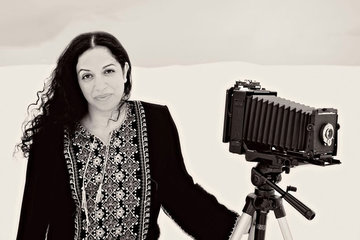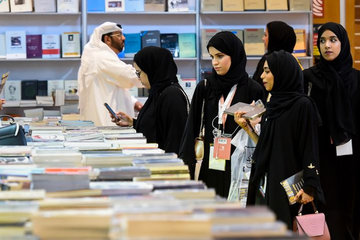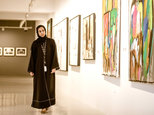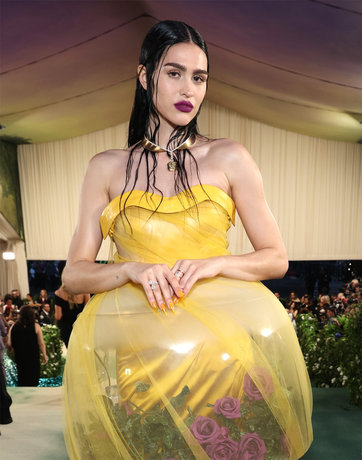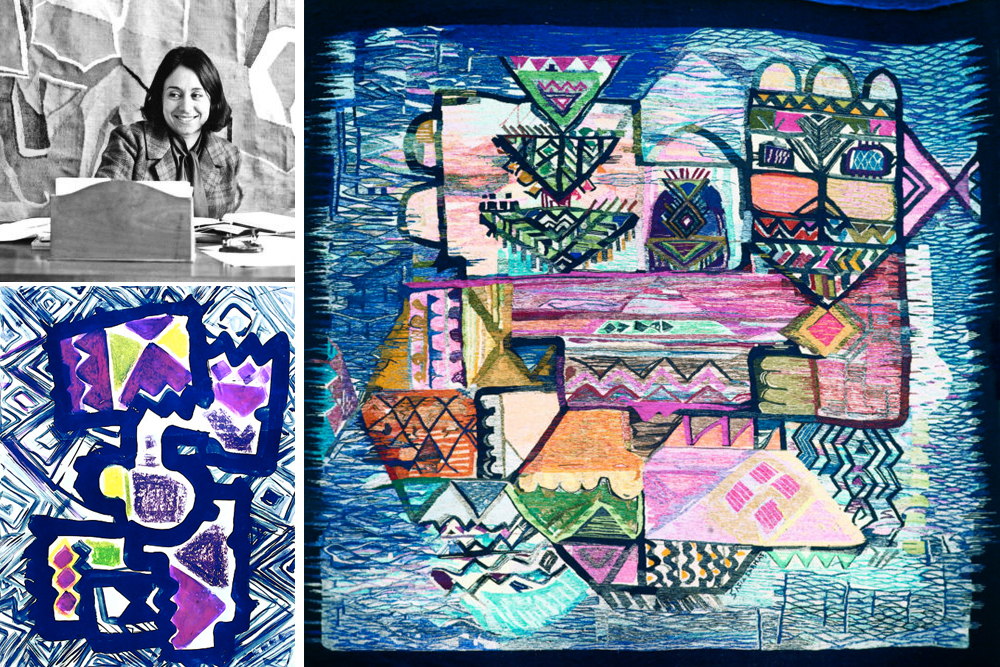
Safia Farhat was a multifaceted artist, educator, women’s rights activist, and publishing pioneer from Tunisia who achieved numerous historic firsts in her lifetime. She made a significant contribution to the development of Tunisia's autonomous visual culture during the reformist presidency of Habib Bourguiba. Farhat's works were displayed in the country's banks, hotels, and schools, and she collaborated with skilled weavers and artisans in her studio. She had extensive experience in ceramics, schooling, and activism in addition to designing national stamps.
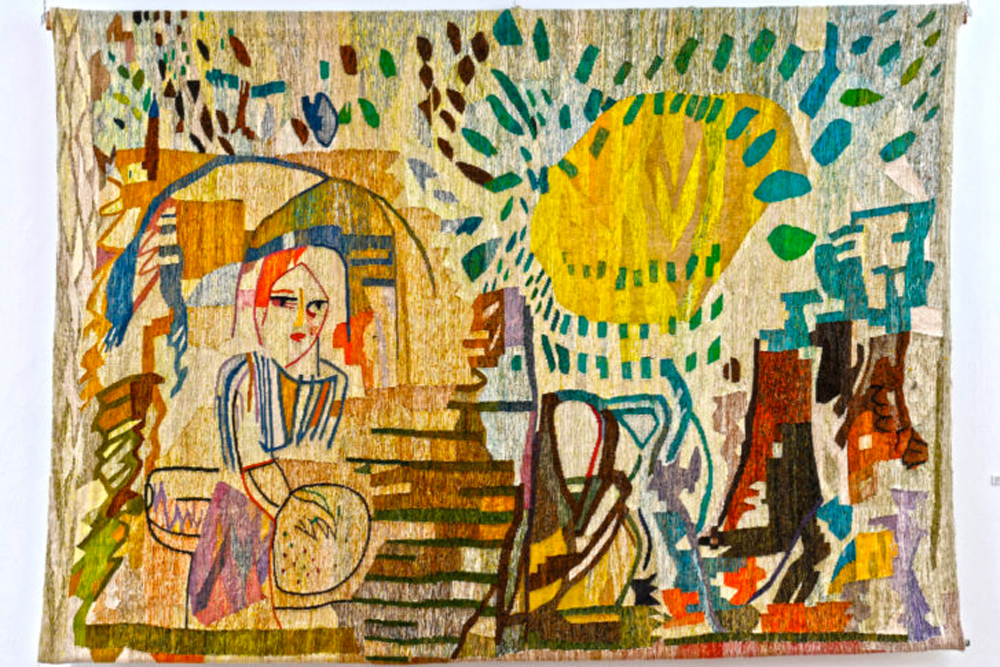
Born in 1924 in the harbor city of Rades, Farhat grew up in a wealthy family. Her maternal aunt, who was skilled in knitting and crochet, was the one who nurtured her love of art. Farhat enrolled in the Tunis Institute of Fine Arts and became only the third Tunisian woman to study there. She later became the first female director of the institute in 1966, holding the position for more than ten years. Farhat encouraged female students to participate in the institute’s programming and founded Tunisia’s first women's magazine, “Faiza,” which addressed issues related to feminism and decolonization, alongside other societal problems.

Farhat's tapestries feature thick lines and vibrant colors, depicting animals, plants, and people dressed in traditional clothing. Professor of African studies, Jessica Gerschultz, of the University of Kansas commented to Arab News on Farhat's work, “When I saw her work, I was really fascinated by its sculptural elements, the color, the various techniques that were embedded in it — and by their stories.” Gerschultz also noted that Farhat's works often reference one another and include symbols such as triangles and zigzags.

Despite being a name recognized by some older people in her homeland, young art students in Tunisia are generally unaware of Farhat's contributions. However, international interest in Farhat has grown since her works were showcased at the Venice Biennale last year. Gerschultz expressed her pleasure at seeing Farhat's work being viewed more widely.


